As Cook Islands Language Week comes to a close, members of the community in New Zealand say the native tongue is at risk of extinction.
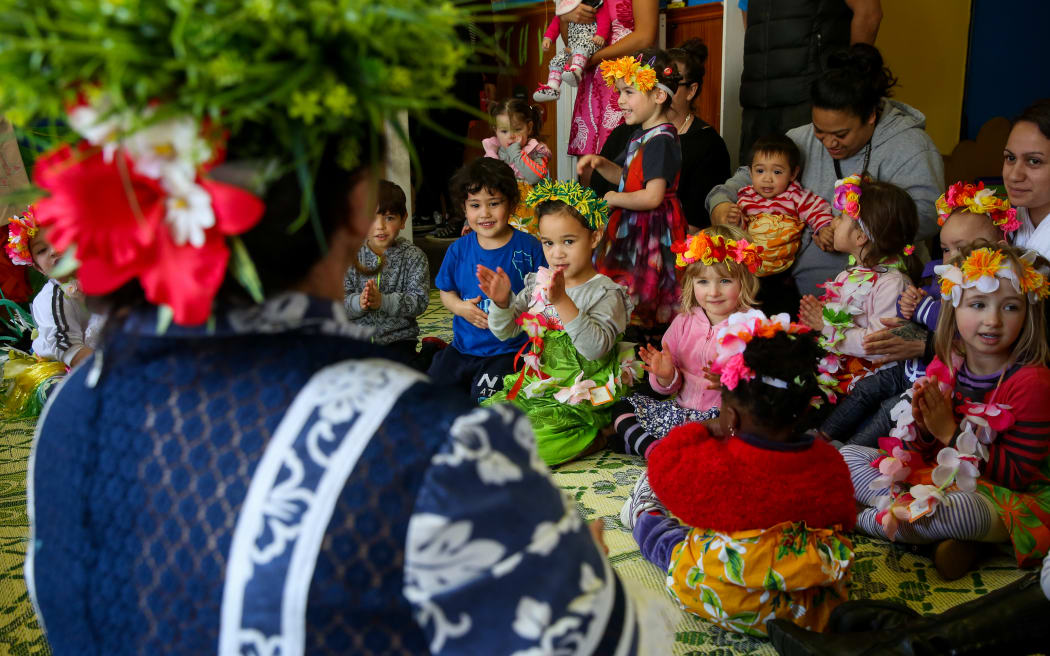
Wellington's Te Punanga O Te Reo Kuki Airani Photo: RNZ / Alexander Robertson
Cook Islands Language Week, which ran from 3 August until today, celebrates the language of the islands, but has also served to highlight its impending loss, especially in New Zealand.
The main native language of the Cook Islands is Cook Islands Māori (Māori Kuki Airani), which belongs to the same language family as New Zealand Māori.
There are also several different dialects within the language.
The latest Cook Islands census, in 2011, showed the population of the 15 islands that make up the small Pacific nation is less than 15,000.
There are about 62,000 people who identify as being of Cook Islands heritage in New Zealand, making it the second biggest Pasifika community here, after Samoan.
However, only 13 percent of those who identify as being of Cook Islands descent in this country can actually speak Cook Islands Māori.
Whitireia New Zealand's Dr Jean Mitaera said it was the most endangered of the main Pasifika languages.
"Personally, I don't think [the future] looks very good."
She said the loss of the language was also a problem in the Cook Islands, as English was perceived as more desirable.
"That's the perception of English being connected with education, and education being connected with being upper class.
"We expect some of that here [in New Zealand], but we don't expect it in our country of origin."
The Cook Islands is self-governing in free association with New Zealand, meaning it administers its own affairs but its people are New Zealand citizens who have open access to work and live here.
This has caused a large-scale migration of Cook Islanders to New Zealand.
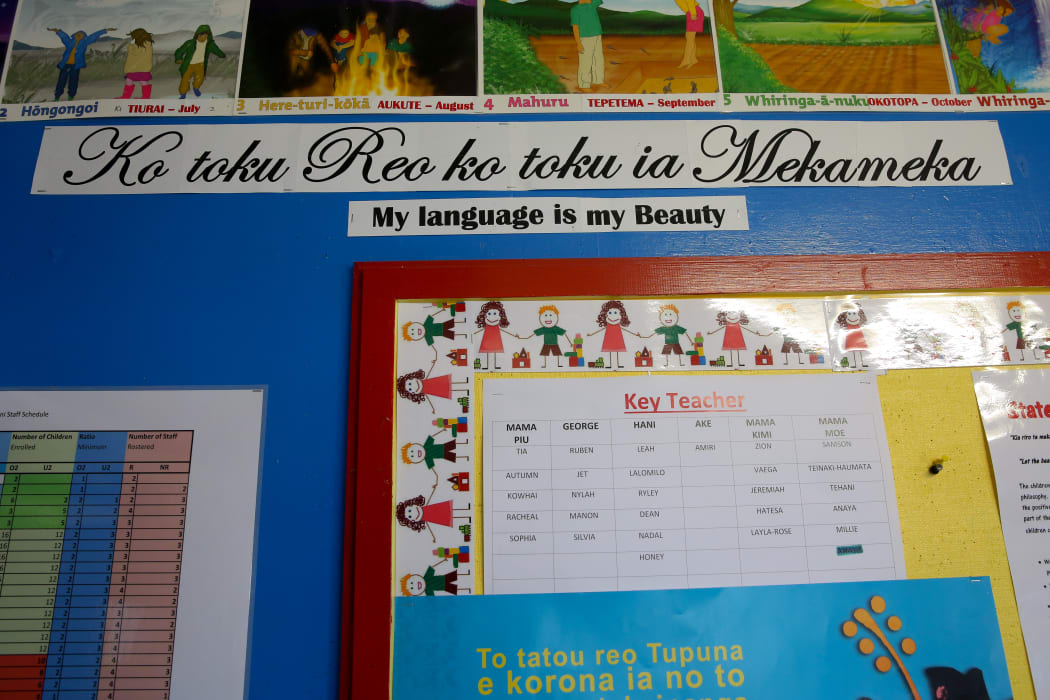
Photo: RNZ / Alexander Robertson
"What you get with that migration is a dilution of knowledge, of culture and language," Dr Mitaera said.
"If you are third or fourth generation, I would assume your parents wouldn't speak it either."
National Party MP Alfred Ngaro is a New Zealander of Cook Islands descent. He was taught the native language by his grandmother, but said his parents were actively dissuaded from using it when they arrived here.
"When they came through and had an orientation, the people who took it told them, 'in order for your children to succeed, don't teach them your language or your culture'."
While there was now concern about the depopulation of the islands, people failed to consider the loss of culture in New Zealand and other countries.
"We think about depopulation in terms of Cook Islands, but actually we should be thinking about Cook Islanders.
"We are just thinking of the 14,000, not the diaspora of the 100,000 that make up the Cook Island community [globally]."
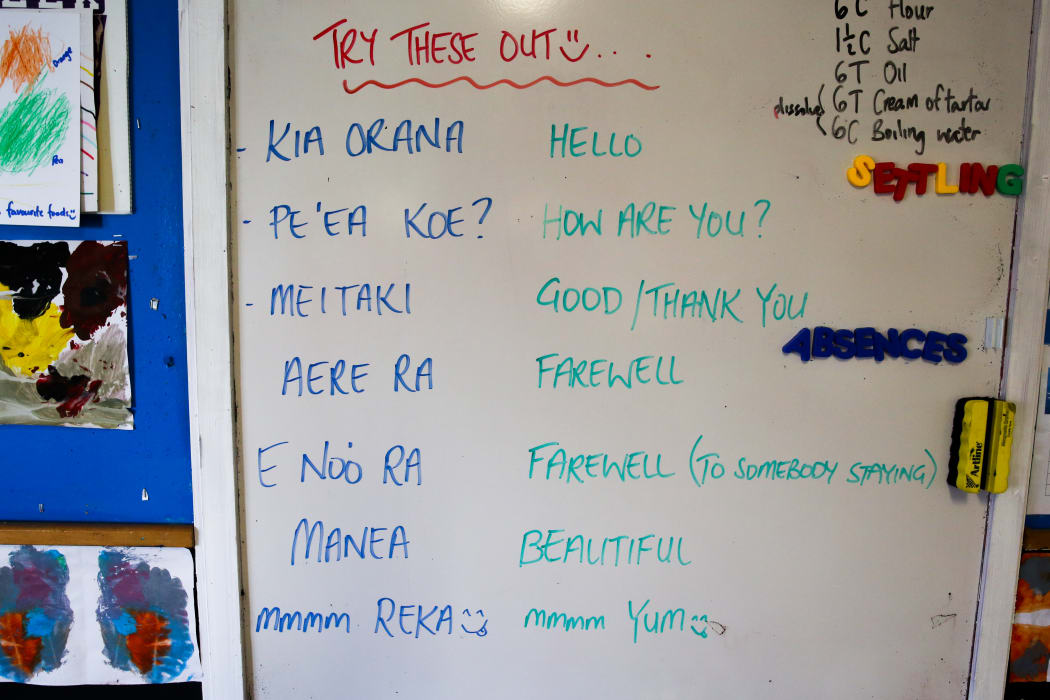
Photo: RNZ / Alexander Robertson
These citizenship rights meant Cook Islanders who came to New Zealand assimilated more readily than other Pasifika communities.
"But the downside of that is we haven't always had to fight for the right to be here.
"Our Samoan and Tongan [communities] have a strong sense of trying to retain their culture, whereas Cook Islanders have assimilated more."
Labour MP for Christchurch East Poto Williams said her parents also adopted the idea that their children should speak English in order to succeed.
"Initially, I don't think we realised the danger we put our culture in by wanting to become more like New Zealanders."
But she said there was now a yearning within the Cook Islands community in New Zealand to reengage with the culture.
"We are recognising that the strength of our culture needs to be in our language and we're putting things in place to make sure that happens."
Keeping the language alive
Dan Kauraka, who runs Cook Islands language programme Radio Ivanui, said understanding Māori Kuki Airani was fundamental to identity.
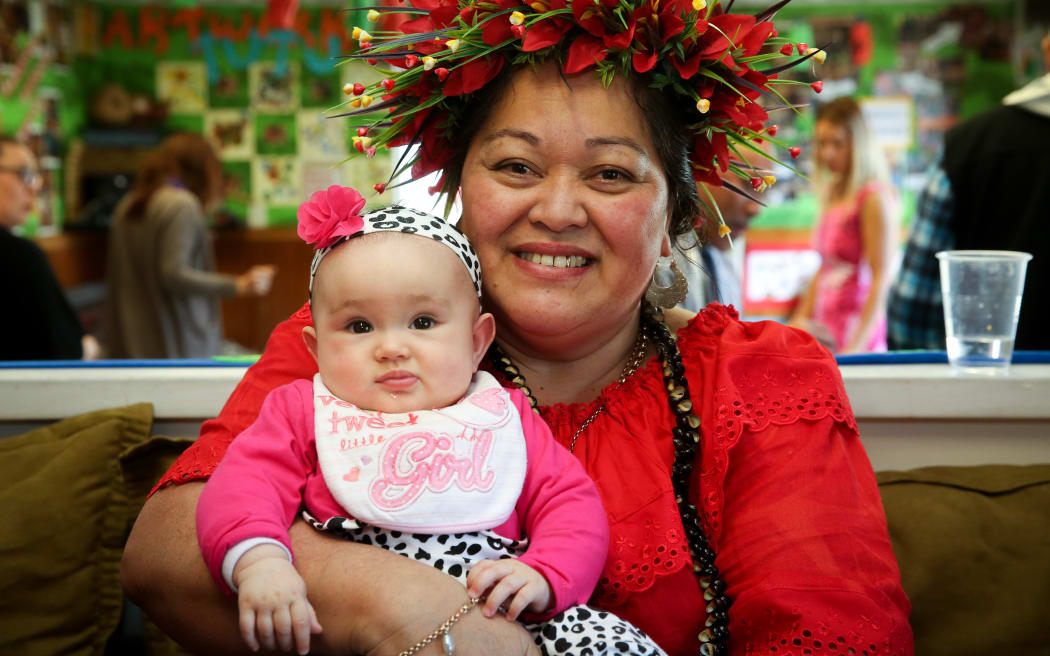
Bridget Kauraka with her granddaughter Layla Rose. Photo: RNZ / Alexander Robertson
"It makes you feel special. It makes you feel that you're not the same as everybody … as if you've got something different."
The loss of the language meant many Cook Islanders in New Zealand were missing out on a sense of engagement within their culture, he said.
"They've lost their sense of belonging. In the Cook Islands, it is important [to know the language], and that has to be instilled in our children here."
His wife, Bridget Kauraka, runs Wellington's Te Punanga O Te Reo Kuki Airani, an early childhood education centre similar to a Kohanga Reo.
The centre was established 32 years ago and now has 28 children attending.
She said the aim of the centre was to promote the language and culture of the Cook Islands to future generations.
"What's important is that our children know their identity. There are so many children who are New Zealand born [and] can't speak the language."
She said many students came to her with Cook Islands Māori as their second language, but have now learned how to use it in everyday life.
"The most important thing I have experienced over the years is that children can say 'kia orana', which means hello, which shows that they are from the Cook Islands."
Dr Mitaera said Te Reo Māori had experienced a renaissance in New Zealand thanks to the Kōhanga Reo (total immersion) movement, and a similar push could help revive Cook Islands Māori.
She said such an effort would need to be directed out of Rarotonga and projected to Cook Islands communities around the world.
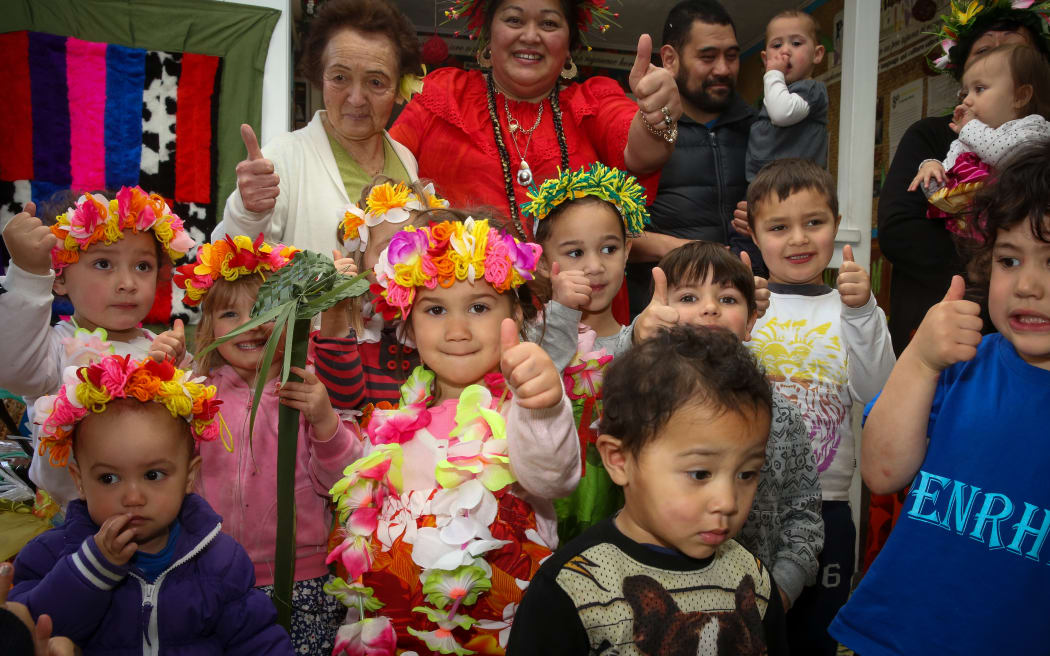
Photo: RNZ / Alexander Robertson
Mr Ngaro shared Dr Mitaera's hope for the future. He recalled his grandmother's words to him, back when he was a wayward teen: "You're not a problem to be solved, you are potential to be realised."
He said the same attitude could be taken towards endangered languages.
"It's not just about saying the extinction of the Cook Islands language is possible. If we see it as potential, what does that look like?"

